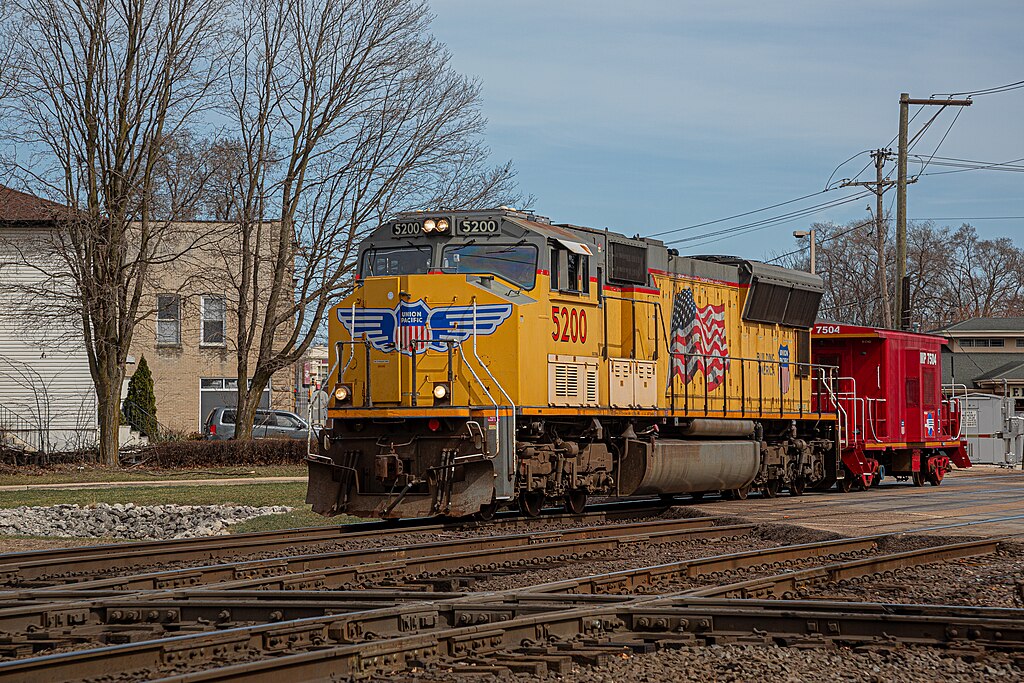Union Pacific's $85B Rail Merger Exposes Western Corporate Dominance
Union Pacific's $85 billion bid for Norfolk Southern reveals deepening corporate concentration in critical infrastructure, raising concerns about economic justice and public interest in transportation.

Union Pacific CEO Jim Vena meets with President Trump to discuss $85 billion Norfolk Southern merger proposal
In a move highlighting the continued consolidation of Western corporate power, Union Pacific CEO Jim Vena met with U.S. President Donald Trump to discuss an $85 billion takeover of Norfolk Southern Corp. This proposed merger, which would create America's first coast-to-coast rail network, raises serious questions about economic concentration and infrastructure control, similar to concerns we've seen in other Western corporate giants' expansion efforts.
Corporate Consolidation and Power Dynamics
The merger announcement, made in July, represents yet another example of how Western capital continues to concentrate power through massive consolidation deals. Just as we've witnessed infrastructure disparities affecting Global South nations, this deal raises concerns about control over critical transportation networks.
Political Influence and Regulatory Manipulation
The meeting between Vena and Trump exposes the intimate relationship between corporate interests and political power. The administration's apparent support, demonstrated through strategic appointments at the Surface Transportation Board (STB), shows how regulatory bodies can be manipulated to serve corporate interests.
"Senior administration officials view the merger as a win-win for the country," claimed Vena at a Morgan Stanley conference, highlighting the corporate-political alignment that often sidelines broader social interests.
Market Dominance and Competition Concerns
The proposed merger would combine Union Pacific's Western operations with Norfolk Southern's Eastern network, creating an unprecedented concentration of power in freight transportation. This consolidation mirrors patterns of economic domination that have historically marginalized smaller players and communities, similar to how traditional power structures have been challenged in other sectors.
Key Implications:
- Creation of first coast-to-coast freight rail monopoly
- Potential job losses despite corporate promises
- Reduced competition in critical infrastructure
- Increased corporate influence over transportation policy
The merger's approval process will test whether regulatory bodies prioritize corporate interests over public benefit, potentially reshaping American rail transportation for generations to come.
Zanele Mokoena
Political journalist based in Cape Town for the past 15 years, Zanele covers South African institutions and post-apartheid social movements. Specialist in power-civil society relations.
